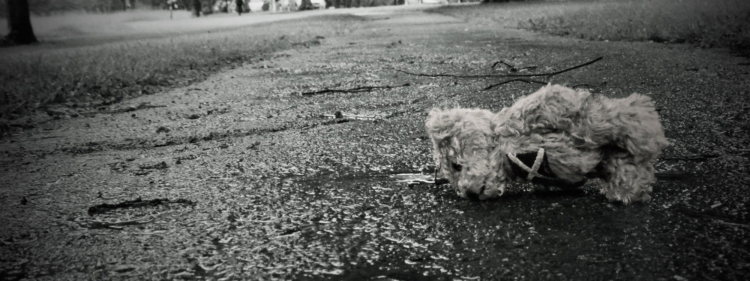Call us now 01926 402 498
Overcoming Feelings of Guilt and Shame
Sexual abuse is a serious violation that often leaves survivors struggling with difficult feelings like guilt and shame. These emotions, although common, can make people feel very alone and slow down the healing process.
Understanding Guilt and Shame
Guilt and shame are natural emotional responses to trauma, but they often arise from distorted beliefs about responsibility and worth.
- Guilt involves a sense of having done something wrong. For survivors, this might manifest as self-blame, even though the responsibility for the abuse lies solely with the perpetrator.
- Shame is a more pervasive feeling of being inherently flawed or unworthy. It can stem from societal stigma, victim-blaming attitudes, or personal struggles to reconcile the abuse with one’s sense of identity.
Understanding that these emotions are not reflections of truth but rather reactions to trauma is a critical step in addressing them.
I was so ashamed. I didn’t have the words or the confidence in myself. I thought that I would be in trouble and that I would hurt my family. I was just a little girl.


Common Sources of Guilt and Shame
- Perpetrator Manipulation: Abusers often use tactics like gaslighting or coercion to shift blame onto the survivor.
- Cultural and Societal Messages: Myths surrounding sexual abuse, such as the idea that victims “invite” abuse, can exacerbate feelings of shame.
- Survival Responses: Freezing, complying, or dissociating during abuse are instinctive responses, yet survivors may misinterpret them as weakness or consent.
- Breaking Silence: Disclosing abuse can sometimes lead to judgment or disbelief, intensifying feelings of guilt and shame.
Steps to Overcome Guilt and Shame
Acknowledge and Validate Your Emotions
- Recognise that guilt and shame are common responses to trauma and not indicators of your value or responsibility.
- Allow yourself to feel these emotions without judgment, as suppression can prolong their impact.
- Reflect on and question any self-blame or negative self-perceptions. Remind yourself: The abuse was not my fault.
Seek Professional Support
- Engaging with a therapist, especially one trained in sexual abuse trauma, can provide a safe space to explore and process these emotions.
- Therapeutic approaches can help address the lingering effects of trauma.
Build a Supportive Network
- Surround yourself with people who validate your experiences and offer compassion.
- Consider joining a support group for survivors to connect with others who understand your journey.
Practice Self-Compassion
- Treat yourself with the same kindness and understanding you would offer a loved one in a similar situation.
- Engage in self-care practices that nurture your physical and emotional well-being.
Educate Yourself About Trauma
- Understanding the psychological and physiological impacts of trauma can help normalise your responses and reduce self-blame.
- Resources such as books, podcasts, or online articles about trauma recovery can be empowering.
Reclaim Your Narrative
- Shame thrives in silence. Sharing your story—on your terms and in your own time—can be a powerful way to regain a sense of control.
- Creative outlets such as writing, art, or music can help express emotions that are difficult to articulate.

The Role of Society in Reducing Guilt and Shame
While individual healing is vital, societal attitudes play a significant role in shaping survivors’ experiences. Everyone can support recovery by:
- Challenging victim-blaming narratives.
- Educating others about the realities of sexual abuse.
- Advocating for policies that prioritise survivor support and justice.
Moving Forward
Healing from sexual abuse is a deeply personal journey, but it is one you don’t have to face alone. Overcoming guilt and shame takes time, patience, and support.
By challenging distorted beliefs, building a compassionate support network, and seeking professional help, you can take meaningful steps toward reclaiming your sense of worth and moving forward with resilience and hope.
If you are a client of Safeline, don’t forget that you can access self-help materials through TASTE OF RECOVERY




